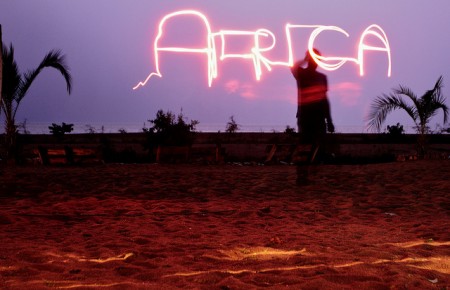
On 4 April, the International Criminal Court (ICC) suffered the most significant setback in its nearly 14 years of existence.
In a majority decision, judges terminated the case against Kenyan Deputy President William Ruto and Nairobi radio executive Joshua arap Sang.
This brought to an ignominious end the court’s attempt to administer justice for the crimes committed during the post-election violence in Kenya in 2007/2008, during which over 1 300 people were killed and more than 600 000 displaced.
‘On the basis of the evidence and arguments submitted to the chamber, Presiding Judge Chile Eboe-Osuji and Judge Robert Fremr, as the majority, agreed that the charges are to be vacated and the accused are to be discharged,’ said a statement issued by the ICC. In a subsequent statement, the ICC’s prosecution team blamed a lack of cooperation from Kenya and widespread witness intimidation for its difficulty in obtaining evidence.
It didn’t help, of course, that Kenyatta and Ruto became president and deputy president only after the charges against them were lodged, greatly complicating the politics around the case. Against overwhelming opposition from Kenya, it was never going to be easy to make the charges stick.


